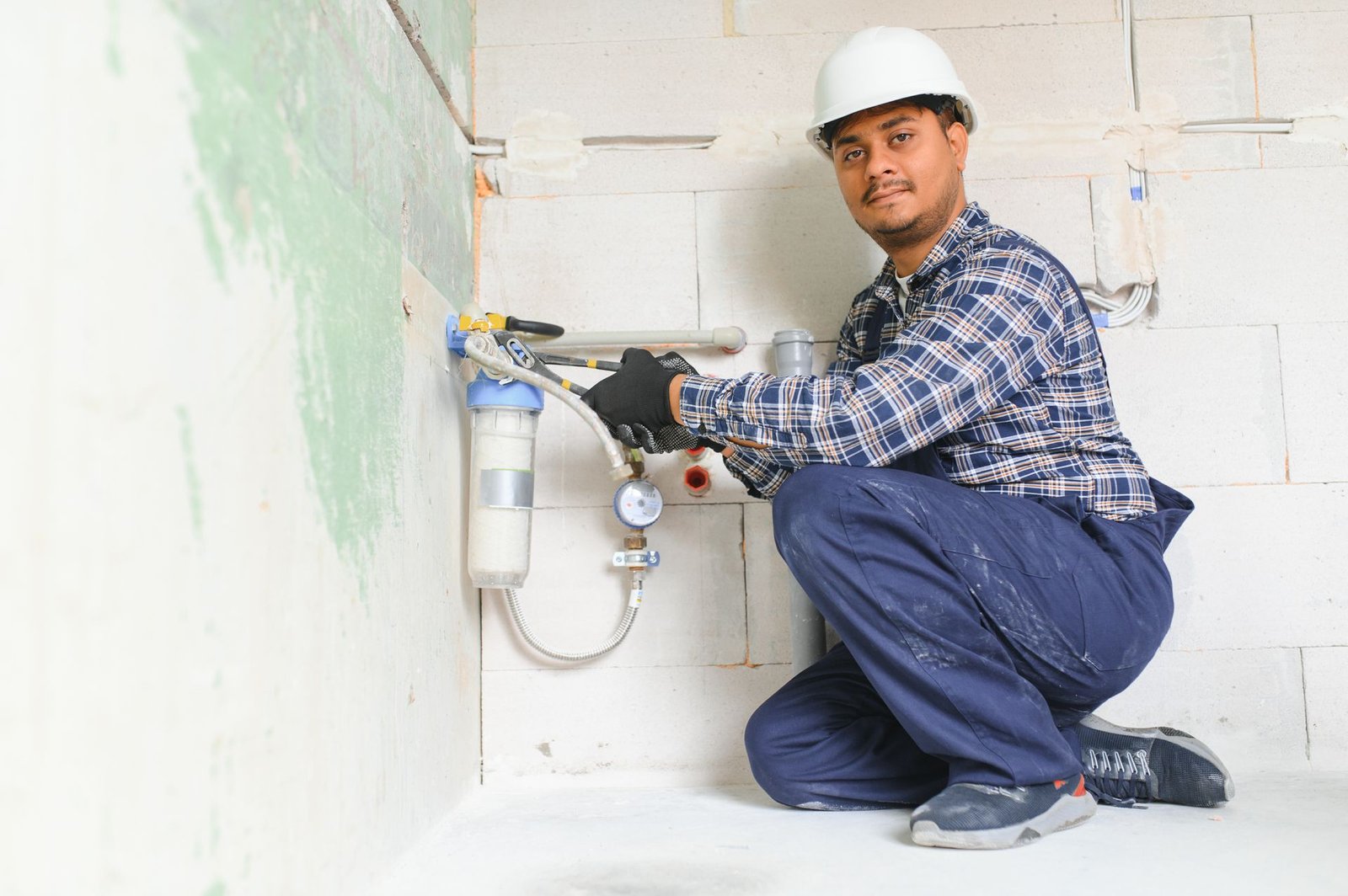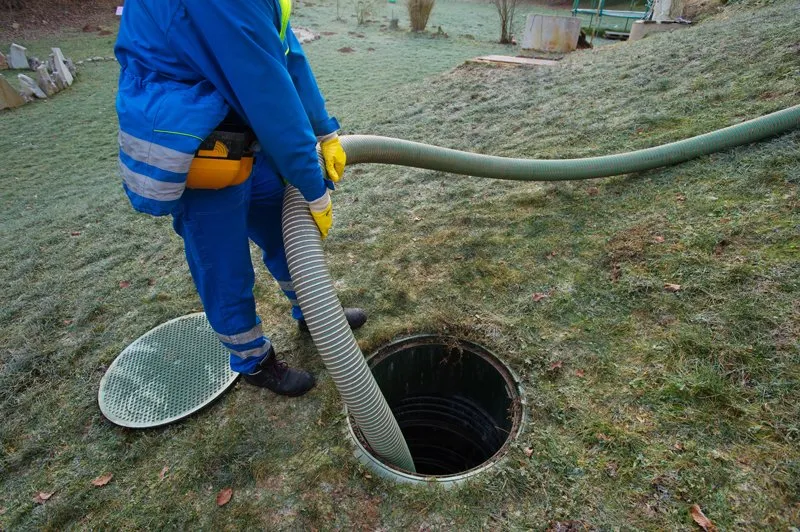Are you in need of a water heater that ensures energy efficiency, space savings, and endless hot water on demand? If so, tankless water heaters can be a great fit for your home. However, like any other appliance, these also require effective maintenance for long-lasting performance.
If you want to get the most out of your investment, it’s essential to know how to properly maintain your tankless water heater. It is further crucial if you are a resident in Tampa, where hard water and humidity can impact your plumbing system.
In this blog, we’ll guide you through the key steps for maintaining your tankless water heater to ensure maximum efficiency and longevity. Whether you’re a DIY enthusiast or prefer to hire plumbing contractors in Tampa, understanding what’s involved will help keep your system in top shape.
Why Maintenance Matters
Tankless water heaters are extremely durable and efficient. However, it does not mean that these can remain functional for years without any maintenance. Over time, mineral buildup, especially from hard water. It can clog the heating elements. The result? It will reduce efficiency and shorten the lifespan of the entire unit. Regular maintenance ensures:
- Consistent hot water supply
- Lower energy bills
- Longer equipment life
- Fewer costly repairs
Have you recently installed a tankless water heater system? Or, do you have plans to install a new unit? Consulting with a trusted plumbing company in Tampa FL, is a good starting point for setting up a maintenance routine.
Descale the Unit Annually
Descaling or flushing the entire tankless unit is crucial. It is often considered one of the most important maintenance tasks. This removes mineral buildup (mostly calcium and magnesium) from the heat exchanger.
How to Flush a Tankless Water Heater:
- Turn off the power and water supply to the unit.
- Connect a submersible pump to the cold water service valve using a hose.
- Attach another hose to the hot water service valve and run it into a bucket.
- Fill the bucket with white vinegar or a descaling solution (approx. 2–3 gallons).
- Circulate the solution through the system for 45–60 minutes.
- Flush the unit with clean water to rinse out the vinegar or chemicals.
- Disconnect the pump and hoses, and restore the power and water supply.
Do these steps look very technical and going to be hard? You need not worry. Hiring a professional is a smart option. A pro can do the job safely and efficiently without risk of damage.
Clean the Water Filter
A small inline water filter remains in the tankless unit. The purpose of these filters is to trap debris and sediment. Over time, this filter can clog and restrict water flow, reducing system performance.
Steps to Clean the Filter:
- Turn off the water supply to the heater.
- Locate and remove the filter (usually at the cold water inlet).
- Rinse it under running water or soak it in vinegar if needed.
- Reinstall and turn the water supply back on.
The test involves only a few minutes and is crucial to check the performance of the water heater unit. It is further crucial for Tampa homeowners, where hard water remains a common cause of concern.
Inspect the Venting System
Proper ventilation is crucial for tankless water heaters to operate safely and efficiently. The possible results of poor of obstructed, or leaking vents can be:
- Poor combustion’
- Carbon monoxide buildup
- Reduced heating performance
What to Check:
- Make sure there are no obstructions (like leaves or debris) at the vent outlet.
- Inspect for corrosion or cracks in the vent piping.
- Ensure all connections are tightly sealed.
You can also look for a trusted plumbing contractor. They will assess the overall system and suggest annual maintenance plans according to the unit’s requirements.
Examine the Pressure Relief Valve
The tankless unit consists of a temperature and pressure relief (TPR) valve. It acts as a safety measure for the entire unit. If pressure builds up in the unit, the valve will release it to prevent damage or explosion.
To Check the TPR Valve:
- Turn off the power and water.
- Carefully lift the valve’s test lever to see if water discharges from the system.
- If water doesn’t flow or the valve leaks afterward, it may need replacement.
If there is a faulty TVR valve, you should never ignore it. If you are unsure, call a lisenceed plumber for quick fixes.
Look for Error Codes
What is common for most water heaters nowadays is error codes. It is shown on a digital screen. Some codes indicate minor issues, while others may point to serious malfunctions.
Common Error Code Issues:
- Code 11 or 12 – Ignition failure or flame loss
- Code 29 – Scale buildup or heat exchanger issues
- Code 33 – Improper venting
- Code 99 – Flue gas temperature too high
If you find any of these issues, it indicates a malfunction. Look for a professional before the issues escalate and end up in a system failure.
Schedule a Professional Tune-Up
Basic maintenance of the tankless unit can be DIY-friendly. However, an annual maintenance plan is necessary to ensure the system’s peak and span condition for years to come. A professional will assess everything, from gas lines to electronics. A reputable plumbing contractor in Tampa will:
- Flush and descale the unit
- Inspect gas and water lines for leaks
- Clean the combustion chamber and fan
- Test thermostat and safety controls
Further, annual maintenance helps you to keep the system’s warranty valid.
Final Words
So, a tankless water heater can be an energy-efficient and smart upgrade to any home. However, one thing that you should never miss is regular maintenance. By maintaining proper care, you can maintain the system’s nitty-gritty condition.
If you are unsure or lack the proper skills to maintain the system, it is better to call professionals. Count on us at Optimum Plumbing & General Construction Services. We have long been your trusted local plumbers offering top-notch plumbing services. We understand that the tankless unit at your home or business center is a significant investment. Therefore, we offer effective maintenance plans to suit your needs. Apart from maintenance, hire us for tankless water heater installation and repair services. Call us at 813-391-9287 to schedule a service or learn more about us!
FAQs
How often should I flush my water heater?
We suggest flushing the tankless unit at least once a year. It will remove mineral buildup and ensure the system’s efficiency.
Can I perform tankless water heater maintenance myself?
Basic maintenance, like flushing and filter cleaning, can be DIY. However, if it involves a full-scale servicing, you should count on professionals.
What are the signs my tankless water heater needs maintenance?
If you find reduced hot water flow, strange noises, or error codes on the display, it is time to get professional help. You should not wait and get in touch with us at Optimum Plumbing & General Construction Services.
Does Tampa’s hard water affect my tankless water heater?
Yes, Tampa’s water is hard, and it often results in mineral buildup in the tankless water heater unit. You will need regular descaling. Connect with us to find preventive maintenance plans.






